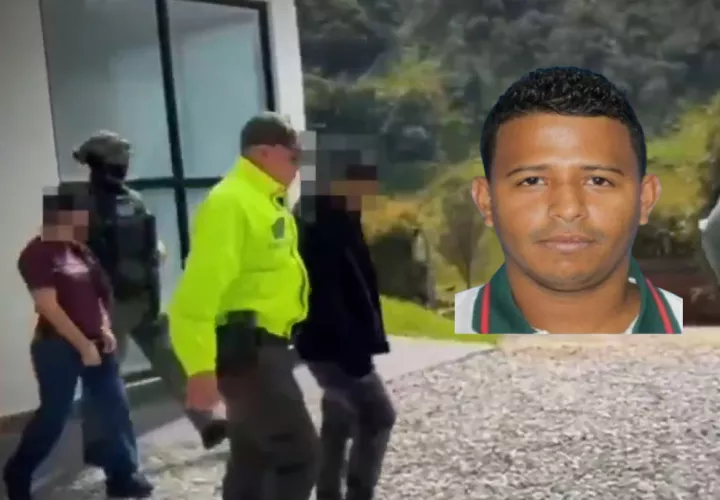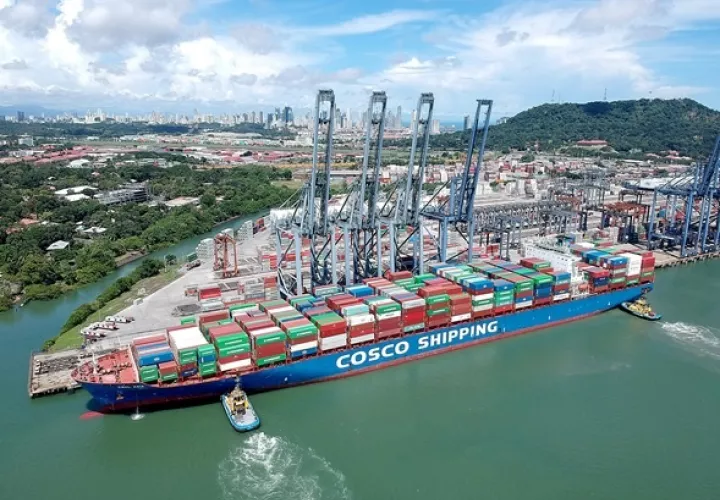Immigration scandal includes sexual exploitation

Panama’s immigration scandals continue to make expand less than a week after the disappearance of seven alleged victims of traffickers for sexual exploitation.

In a raid on two story duplex on Perico Island, the National Immigration Service (SNM) arrested another three women from Eastern Europe. When the authorities arrived they tried to escape through a rear window says La Prensa.
The house was used by a group of 10 women, granted visas by the Panamanian Embassy in Russia to work as exotic dancers at the Diamond Night Club in Amador, which advertised its performers as the hottest in town.
Sources connected with the investigation said the SNM raid was meant to capture seven of the 10 women who had fled after allegedly being forced to do "alternative" work.
Two of the new victims are Russian nationals and the third Belarusian. They were discovered on June 9 in the interior of a two-story duplex on Perico Island, just a day after arriving in the country with tourist visas.
According to La Prenna sources, the three women were given visas at Panama’s Embassy of Panama in Russia. where, Julio Córdoba, and Berta Alicia Guerrero signed off.
After being arrested, they were taken to the Immigration cnter on Avenida Cuba, where they declared their rights were being violated as they were in the country as tourists. They were told they would be deported accused of entering the country on tourist visas to engage in prostitution. {jathumbnail off}
Two other women, part of the original group of 10 who entered the country March 10 as "entertainment workers".{jathumbnail off}
The first group of "dancers” received visas at the Panama Embassy in Russia in February/
Soon after they were granted work permits by then Deputy Director of Immigration, Jaime Ruiz.
After signing the employment contracts with The Diamond Club of Amador, seven women escaped and were reported to Immigration by the club owners.
One of the original group, a native of Moldova, requested permission to leave the country on April 4, 2011.
The seven missing women are natives of Romania, Ukraine and Russia.
The complaint about the disappearing dancers, was sent to Attorney GeneralAyú José Prado, by the then Director of Immigration, Maria Cristina Gonzalez/ but five remaining Europeans were release by Special Prosecutor Marcelino Aguilar on the grounds that they were victims, not criminals under a 2004 law..
Aguilar said that articles 18 and 19 of the law require the authorities to identify victims and provide protection to avoid threats or reprisals from their traffickers.
He said that after making affidavits, as witnesses the five women decided to leave the country voluntarily. However, the prosecutor emphasized that the case file remains open and continues with the search of other missing women.
Meanwhile the prosecution began gathering evidence to identify members of the alleged trafficking network.
He said he has called to testify, all people mentioned in the case, including the owners and legal representatives of the club where the women worked.
As a result of the preliminary investigation conducted by the NMS Maria Cristina Gonzalez ordered the cancellation of the 10 visas and work permits signed by Ruiz and suspended the permit for the promotion of foreign women nightly entertainment at The Diamond Club.
The club has filed an appeal.
Ruiz, meanwhile submitted his resignation resignation June 9 and denied any connection with any criminal group.
Gonzalez, also resigned on Monday and the same day the president, Ricardo Martinelli, announced thatshe would be replaced by the general secretary of the National Police Javier Carrillo, who will officially begin work July 1.
Trafficking in human beings is a crime in Panama punishable with imprisonment.
A bill promoted before the National Assembly, increases penaltiesup to 30 years imprisonment for trafficking crimes, and also includes such as labor exploitation and slavery, irregular adoption irregular, illegal harvesting of organs, marriage bondage and forced marriage.
When approved, the law will bring Panama into line with the UN Palermo Protocol of the United Nations, signed in 2000 which describes trafficking as a violation of human rights.





